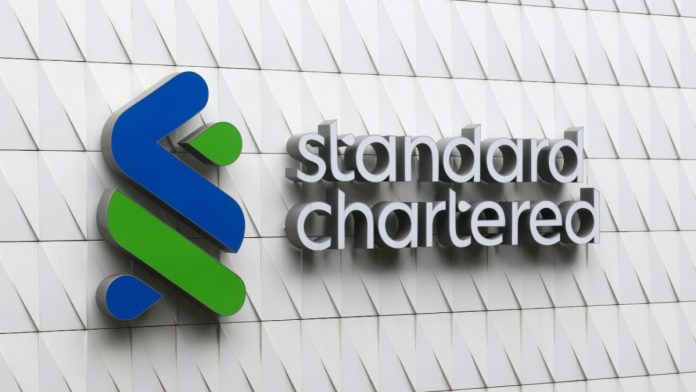Standard Chartered expects global demand for and trade in tokenised products to reach new heights over the coming years, and it is not the only bank to have made these observations.
The British multinational bank published a report this week with Synpulse, – Real-World Asset Tokenisation: A Game Changer for Global Trade. The report highlights tokenisation as a way to tackle a perceived ‘growing trade finance gap’, accounting for $2.5trn globally.
Additionally, the report outlines that tokenisation can improve market access, increase resilience and liquidity of supply chains, and address challenges preventing investment in trade finance assets.
The banking, finance and payments sectors have seen a range of talking points take centre stage in recent years. Crypto and blockchain, artificial intelligence (AI) and Open Banking are up there, but the benefits of tokenisation are also being increasingly recognised.
“We see the next three years as a critical junction for tokenisation, with trade finance assets coming to the fore as a new asset class,” said Kai Fehr, Global Head of Trade, Standard Chartered.
“To unlock this trillion-dollar opportunity, industry-wide collaboration among all stakeholders, from investors and financial institutions to governments and regulators is critical. Banks need to increasingly take on the role of bridging the existing traditional financial markets with a newer and more open token-enabled market infrastructure.
“As one of the top five Trade Finance Banks globally, and with our involvement in industry initiatives such as Project Guardian and Project Dynamo, Standard Chartered aims to be a driving force in the tokenisation of real-world assets, and unlocking its potential to narrow the global trade finance gap and play our part in powering the real economy.”
Standard Chartered is not the only major payments player to take note of tokenisation’s potential. Mastercard, which has partnered with the British bank in this area, is a notable payments giant with interests in the space.
Regarding figures, Standard Chartered and Synpulse’s report expects that demand for tokenised assets could reach £30.1trn by 2024, with trade finance assets accounting for 16% of this total volume.
The report further expects global trade in tokenised assets to reach £32.6trn by 2030, with the sector currency composed primarily of traditional assets like US treasuries and money market funds.
Yves Roesti, Managing Partner and CEO of Synpulse Group,stated: “At Synpulse, we believe real-world asset tokenisation is not just a trend, but a transformative force poised to reshape global trade finance.
“By leveraging tokenisation’s inherent efficiencies and transparency, we can unlock a future where the “missing middle” gains access to vital capital, investors benefit from a diversified asset class, and the global trade economy thrives.
“Synpulse remains committed to being at the forefront of this revolution, partnering with industry players to develop the infrastructure and strategies that will unlock the promise of tokenised real-world assets.”























